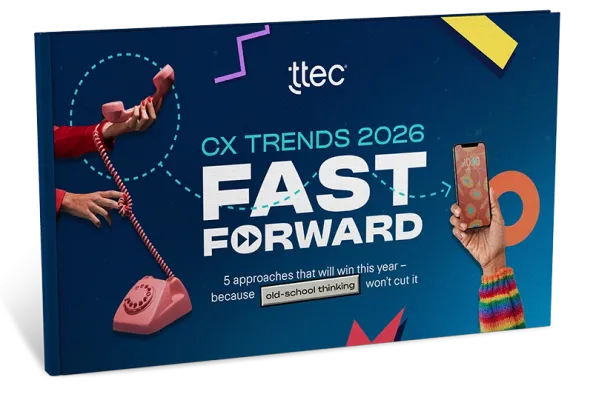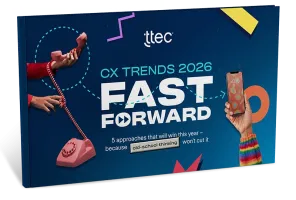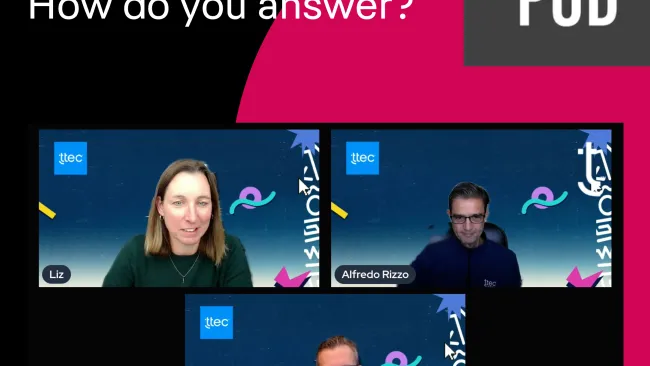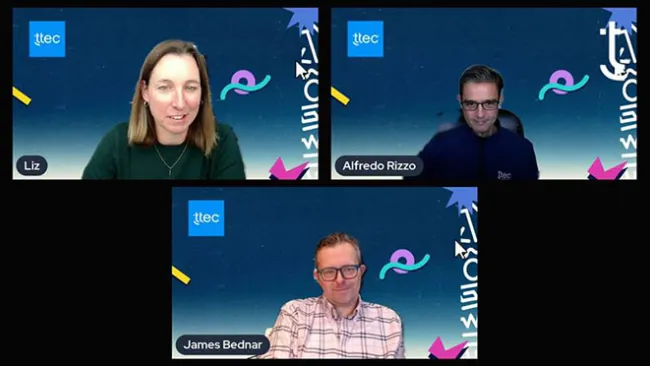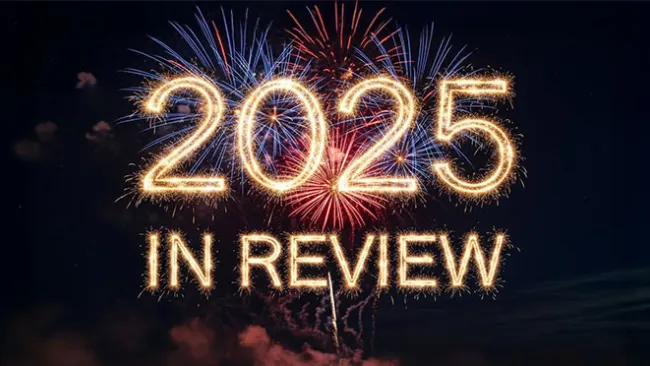The sales landscape is always evolving and, in today’s high-stakes environment, quality coaching isn’t just a “nice to have” – it’s a strategic growth engine. Yet too often, sales leaders base coaching on anecdotal feedback or a small fraction of available customer interactions.
This is one area where AI is changing the sales game. With AI-powered tools, brands can now analyze every conversation, flag patterns (and problems) in real time, and tailor coaching and development to each individual sales associate. Coaching can be done on a more granular level than ever before.
With the right AI tools, implementation, and strategy, sales organizations can transform coaching from a reactive function to a proactive growth driver.
Learn from every interaction
In all aspects of sales, efficiency is the name of the game. Coaching is no different. To rev up associate coaching as efficiently as possible, brands first need a clear view of what’s really happening during customer interactions. It’s not enough to guess what’s working and what’s not based off a small sample size. In the AI era, companies should have a comprehensive view that empowers them to make data-backed decisions.
Use conversation intelligence to listen to and analyze 100% of interactions and identify patterns. AI-powered tools can track key words and phrases during conversations, changes in customer sentiment, and intents to identify which tactics produce the best results. Guided by those insights, sales leaders can craft training and coaching that replicates proven successes and addresses any gaps.
The contact center is a treasure trove of data and AI helps brands make the most of it. Collect data from every available source: call summaries, meeting notes, coaching sessions, and transcripts from AI-powered translation or noise canceling tools. Put AI to work identifying buyer patterns and behaviors, so sales teams can make more informed decisions and eliminate guesswork.
AI-powered service to sales tools can help take revenue growth strategy a step further by identifying which customer service interactions have sales potential. TTEC research found that 65% of customer service interactions have a sales opportunity attached; use AI to identify which customers are most likely to convert and what upsell or cross-sell offers will entice them.
There’s no more excuse for sales teams to guess what works during sales interactions. AI-driven insights let teams craft a sales coaching curriculum they know will help address shortcomings and drive growth.
Collecting data wherever possible, across every interaction in every channel, is crucial to creating actionable sales playbooks.
Use insights to tailor, improve coaching
It’s important to capture as much data as you can, but that alone isn’t enough. Insights are only valuable if teams know what to do with them.
When always-on data collection is in place, organizations can use an AI-powered curriculum “wizard” to ingest all that information and design training tailored to a sales team’s unique needs. Teams that aren’t sure how to create a curriculum wizard, or lack the capacity in-house, should partner with a sales coaching expert that already has one.
A good tool will ingest meeting notes, customer personas, sales journey information, existing training materials, and product details to learn about the brand, analyze data with AI, and then produce learning assessments, role play simulations, skills maps, and skills coaching bots to help meet specific goals.
TTEC’s award-winning training bot RealSkill, for instance, leverages the latest AI and machine learning technology to simulate real-world customer scenarios and give sales associates real-time feedback and coaching.
When sellers are trained with AI tools that simulate realistic scenarios, they learn the best and most efficient way to sell. They’re better prepared to hit the ground running and generate revenue quickly.
Embrace AI-powered performance enablement
Once the right coaching and training systems are in place, it’s important to track how they’re working. A good performance enablement tool is a must, and AI-powered ones deliver insights nearly instantly.
Ditch outdated scorecards and harness the power of automaton with an AI-enhanced performance enablement platform. These cutting-edge tools give team leads a real-time look at how individual associates are performing, where they are succeeding, and where they need help. And associates can access their own real-time dashboards to gauge how they’re performing – compared to each other and against their own benchmarks and goals.
Team leads can then create tailored coaching strategies to improve individual associate performance and ensure compliance. Data can identify, for instance, if a certain associate needs to improve his soft skills or needs help identifying cross-sell opportunities during interactions. This type of customized coaching has long eluded sales teams, but AI makes it possible.
All this lets leaders and managers maximize the impact of coaching sessions by focusing on areas that matter. Insights and feedback that used to take weeks to manually compile and analyze can now be automated. The result? Sales leaders and associates can focus their time on more meaningful work that will grow revenue.
Case study: AI-enhanced coaching in action
AI isn’t the future of sales coaching and enablement; it’s already driving real-world results.
When associates at a major telecommunications company struggled to uncover and convert sales opportunities during customer service calls, the brand was leaving money on the table. Associates couldn’t efficiently identify upsell and cross-sell opportunities and weren’t delivering the right sales messages to the right customers in crucial moments.
An AI-powered service to sales approach drove results in about two weeks. The company used conversation intelligence to listen to all customer interactions and glean insights. Then, TTEC’s award-winning sales playbook helped the company improve associate performance.
We used AI-enabled training and real-time feedback to enhance coaching, and improved reporting so the company had a deeper understanding of what worked and what didn’t. We also improved incentives to motivate associates.
In just 15 days, our approach drove a 27% increase in revenue per associate, doubled net revenue, and led to a 3-point CSAT gain. Associates who had been among the lowest-performing soon became top performers in sales.
AI allowed the company to know with certainty where associates were succeeding and where they needed help, so coaching could be tailored to drive the most impact.
Having the right tools isn’t enough
With so many AI tools to choose from, it can be daunting to navigate all the options and choose the ones that will perform best. But tools alone aren’t enough; teams need a plan to put the tools to work.
Organizations must figure out how to operationalize tools in a way that empowers employees to be more efficient and effective. Teams need a game plan. AI has the potential to overhaul sales coaching, making it more effective than ever before, but only if associates and coaches know how get the most out of them.
AI is changing sales coaching in exciting, new ways. For organizations that don’t have the bandwidth or expertise in-house, a sales outsourcing partner that specializes in AI-enhanced coaching is a great way to tap into AI tools, proven playbooks and best practices, sales talent, and strategies that will supercharge sales coaching and grow revenue.

